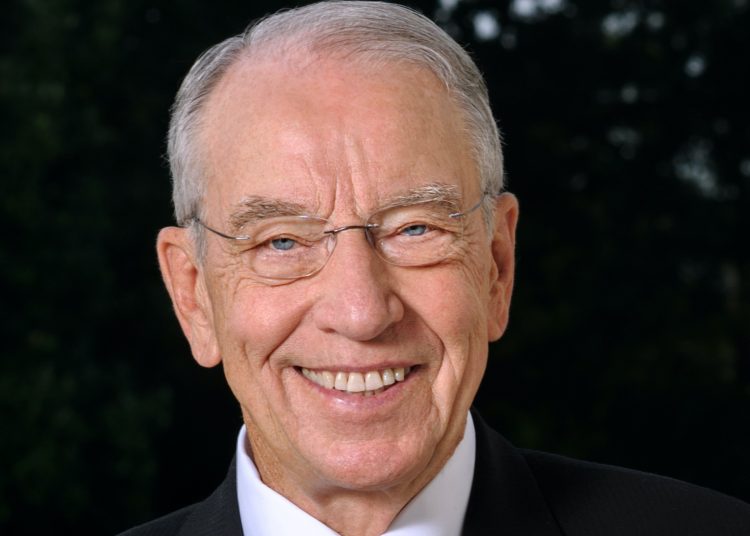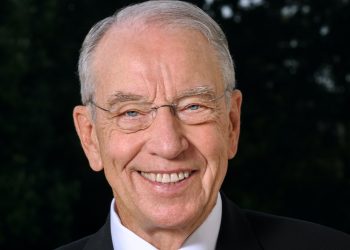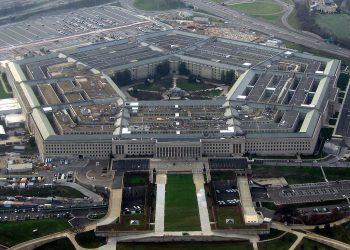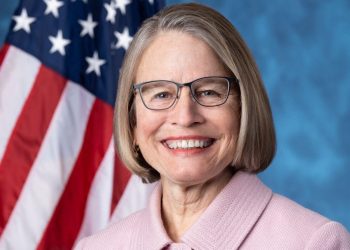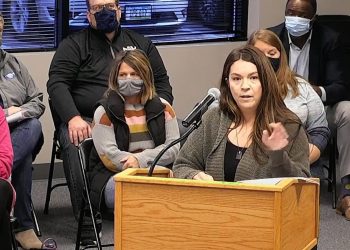From Valley Forge to Vietnam, the Battle of the Bulge to the Battle of Fallujah, America’s sons and daughters have put their lives on the line for freedom since the Revolutionary War. More than 41 million Americans in U.S. history have served in the Armed Forces, including 16 million World War II veterans who consequently earned the title the Greatest Generationfor their heroism and sacrifice fighting for freedom because it was the “right thing to do.”
Exactly one hundred years ago, on Nov. 11, 1921, an unknown World War I solider was buried in Arlington National Cemetery. This sacred burial site is called the Tomb of the Unknown Soldier. Three years earlier, the world celebrated the end of World War I at the 11th hour of the 11th day of the 11th month. Armistice Day became a day to honor all U.S. veterans when President Eisenhower signed into law a proclamation recognizing November 11 as Veterans Day. Americans who answer the call to serve leave behind their livelihoods and loved ones to put our country first. We owe each of these hometown heroes a solemn debt of gratitude for their sacrifice and service.
According to the Department of Veterans Affairs (VA), approximately 19 million living veterans in the United States represent about seven percent of the nation’s adult population. Of those, about three-fourths served during wartime. According to VA estimates, among our neighbors in communities across the U.S., there are 240,000 World War II veterans; 930,000 who served during the Korean conflict, 5.9 million who served during the Vietnam era; and 7.8 million who served in the Persian Gulf War era starting in 1990 to present day.
Within the next decade, census estimates project fewer than 8,000 World War II veterans will be alive. The U.S. Census Bureau also reports the share of the U.S. population with military experience has continued to decline since the draft ended in 1973. Today, less than one percent of U.S. adults are active duty service members. These statistics underscore more than ever the importance for all Americans to celebrate these heroes on Veterans Day and honor our fellow citizens who have served in the Armed Forces.
As fewer Americans have a direct connection to an active duty service member, it’s important to our nation’s heritage to preserve their stories and honor their service for posterity. The U.S. Library of Congress oversees the “Veterans History Project” that collects firsthand oral interviews from U.S. military veterans from World War I to present day. The preservation project has a meaningful mission: to ensure the realities of war and the sacrifice of America’s heroes are not lost to history. Signed into law by President Clinton in 2000, the Veterans History Project was expanded in 2016 to include the oral histories of Gold Star Family members.
The parent, spouse, sibling or child are invited to share and honor the sacrifice of loved ones who died as a result of their service during war time. For the fourth consecutive year, my office has organized a series of interviews with Iowa veterans to ensure their stories aren’t lost to history and to make them part of the Veterans History Project at the Library of Congress.
My office has recorded and delivered to the Library of Congress more than 40 interviews with Iowa veterans since 2018. We’ve interviewed veterans at the Gold Star Museum in Johnston, the Iowa Veterans Home in Marshalltown, the Veterans Post in Waverly and World War II vets earlier this year alongside Sen. Joni Ernst’s office in Fort Dodge. Collecting these unfiltered personal stories provide a meaningful glimpse of the grit, sacrifice, courage, heroism and suffering our brave men and women endured on the front lines of war. It’s a tremendous honor to help preserve the stories of hometown heroes from across Iowa. Listening to the voices of veterans share first-hand experiences in their own words is powerful testimony and important to our nation’s history. In honor of Veterans Day this year, my office will interview 12 WWII and Vietnam veterans at the 185th Air Refueling Wing in Sioux City. We are thankful to volunteers from Morningside University and Western Iowa Tech Community College for sharing their time and expertise with the recordings.



